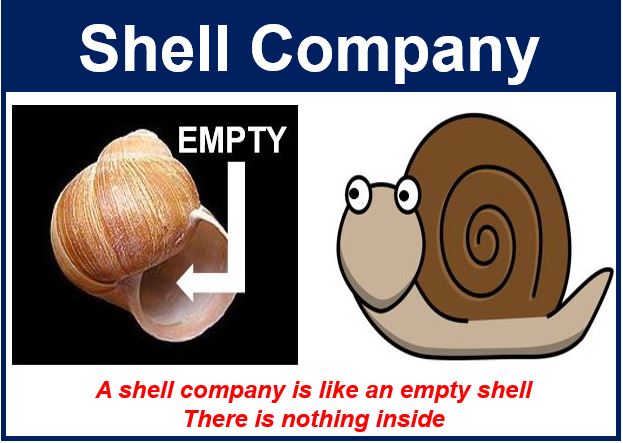
Recently, the capital markets regulator SEBI (Securities and Exchange Board of India) directed stock exchanges to take action against 331 suspected shell firms listed on the exchange and to restrict their trading activities.
These 331 companies are being investigated for tax evasion and corporate fraud.
The list was based on the inputs provided by the Income Tax Department, Enforcement Directorate, CBI and the Serious Fraud Investigation Office.
This decision was a part of the systematic crackdown on the shell companies in the recent months.
What is a Shell company?
There is no concrete definition of shell companies in India. A shell company is a company without active business operations or significant assets. These companies exist only on paper.
Though shell companies are not illegal, it has been mostly used to carry out illegal activities like tax evasion, money laundering, disguising the ownership of the company etc.
To be sure, the companies can be used for legitimate reasons also like raising funds for a start-up, tax avoidance, investing in foreign capital markets etc.
In addition to that, a company could become a shell company if it had operations in the past but went out of business later.
You can read this post by Economyria for a better understanding: Panama Papers Explained
Why has the SEBI taken this decision to ban shell companies suddenly?
In July 2015, the Special Investigation Team (SIT) on black money found that the shell companies were used to launder money and had recommended going after the shell companies.
But, the shell companies have come under the radar of the Government post demonetization of high-denomination notes done in November 2016. After demonetization, there was an increase in shell companies depositing cash in the banks to hide ownership.
A small sample analysis has revealed deposit of Rs 1,238 crore cash by these companies during November-December. (Source: An article in DNA)
Hence, there has been a systematic crackdown on shell companies recently.
In February 2017, the government constituted a ‘task force on shell companies’ under the co-chairmanship of Revenue Secretary Hasmukh Adhia and Corporate Affairs Secretary Tapan Ray to curb the menace. They adopted the ‘whole of the Government’ approach
The whole of Government Approach refers to the coordinated efforts by the various Government Departments and Public Agencies to solve a particular problem.
In his Independence Day speech (2017), Narendra Modi mentioned that more than 1.75 lakh shell companies have been de-registered so far.
To conclude, the crackdown on the shell companies is a part of the Government’s war against the black money. The high-level task forces on shell companies has found that hundreds of shell companies registered in just a few buildings in the eastern city of Kolkata.
References: